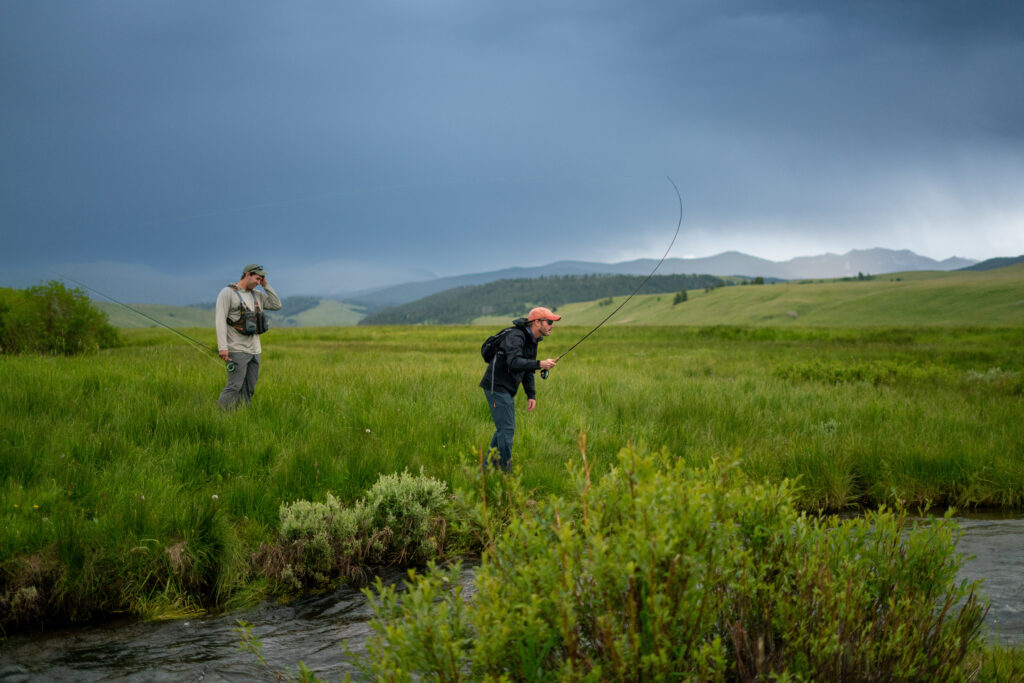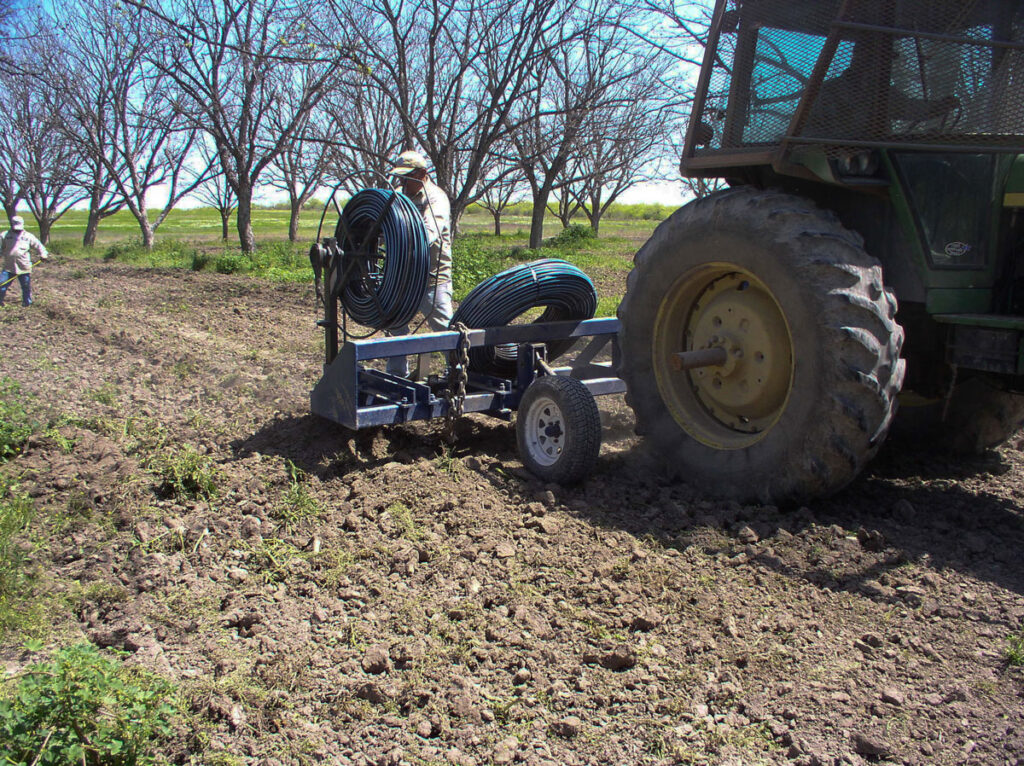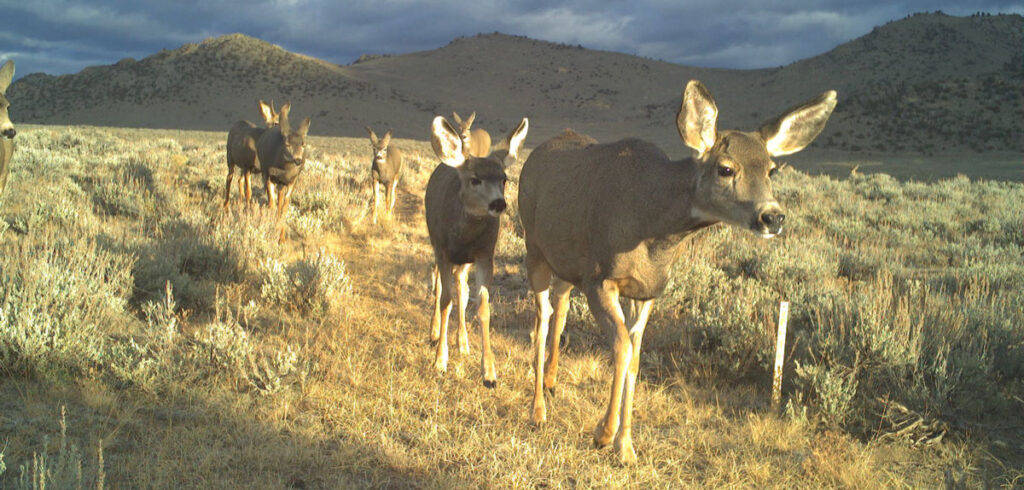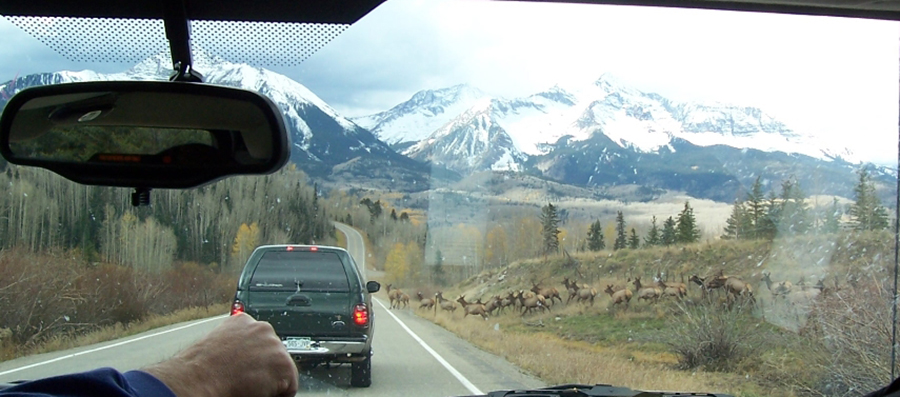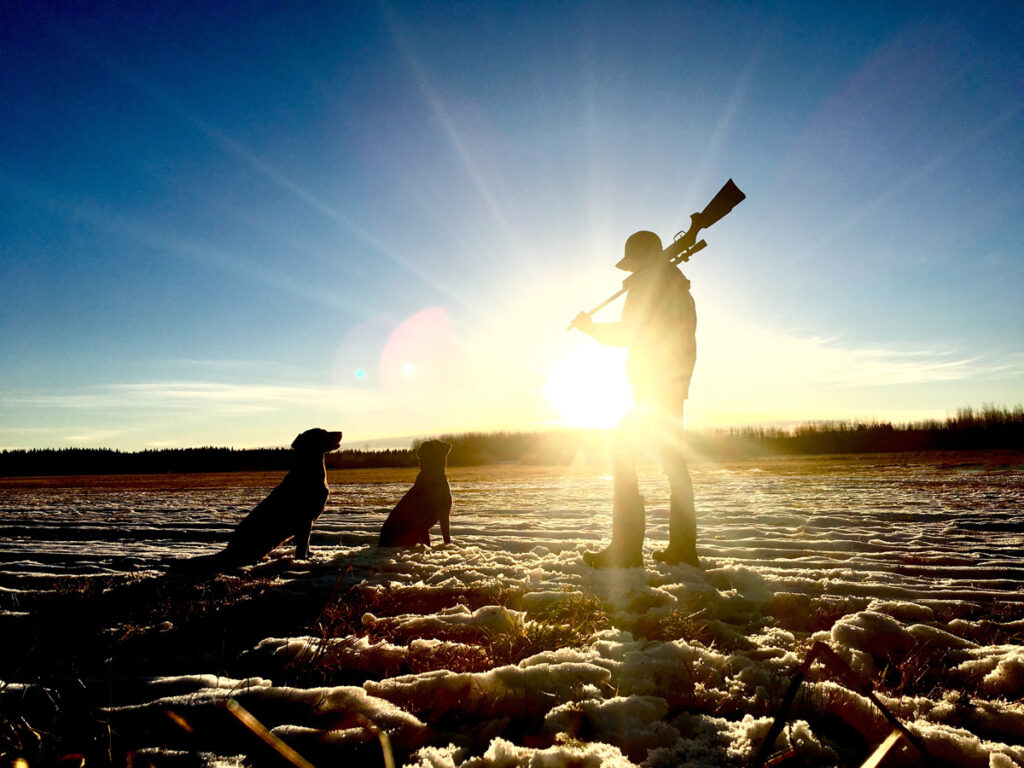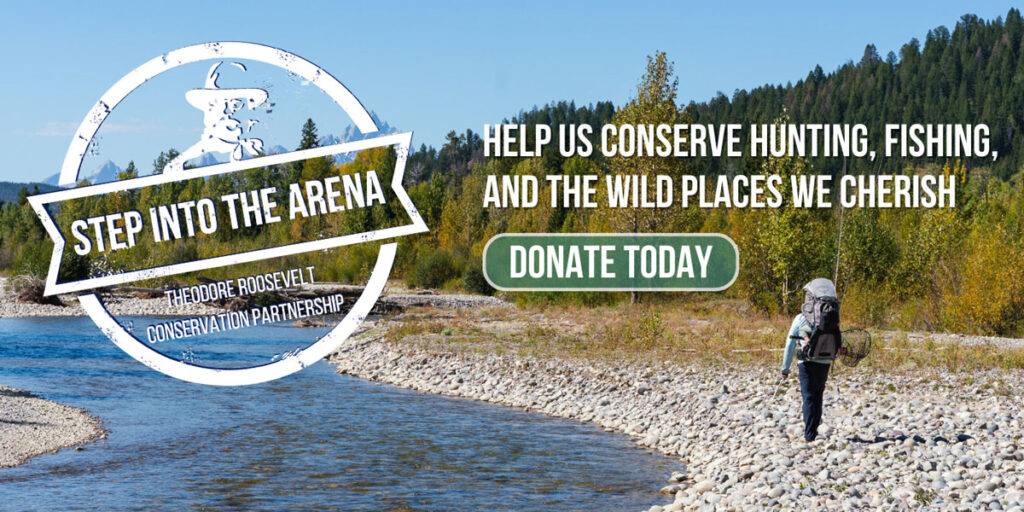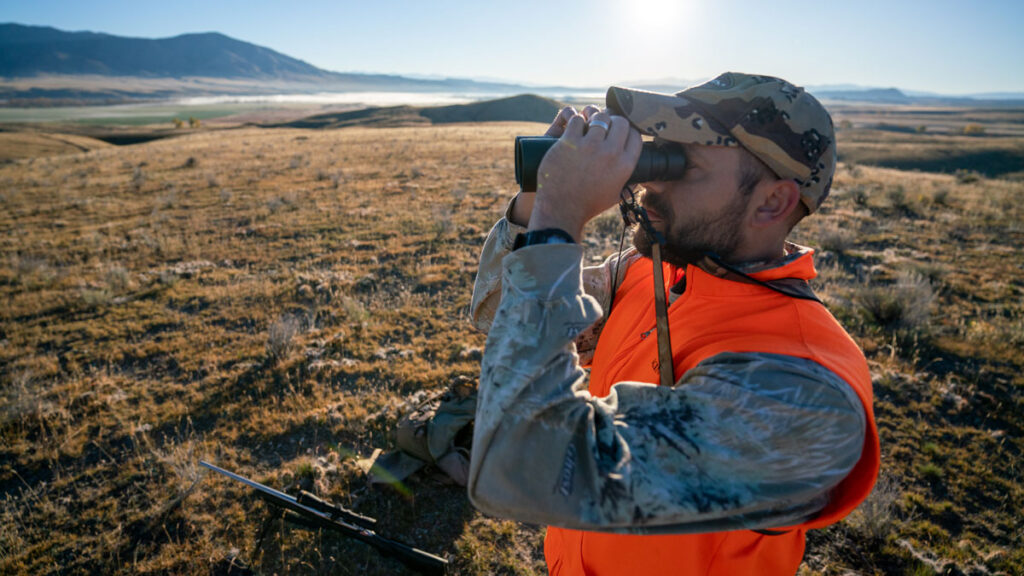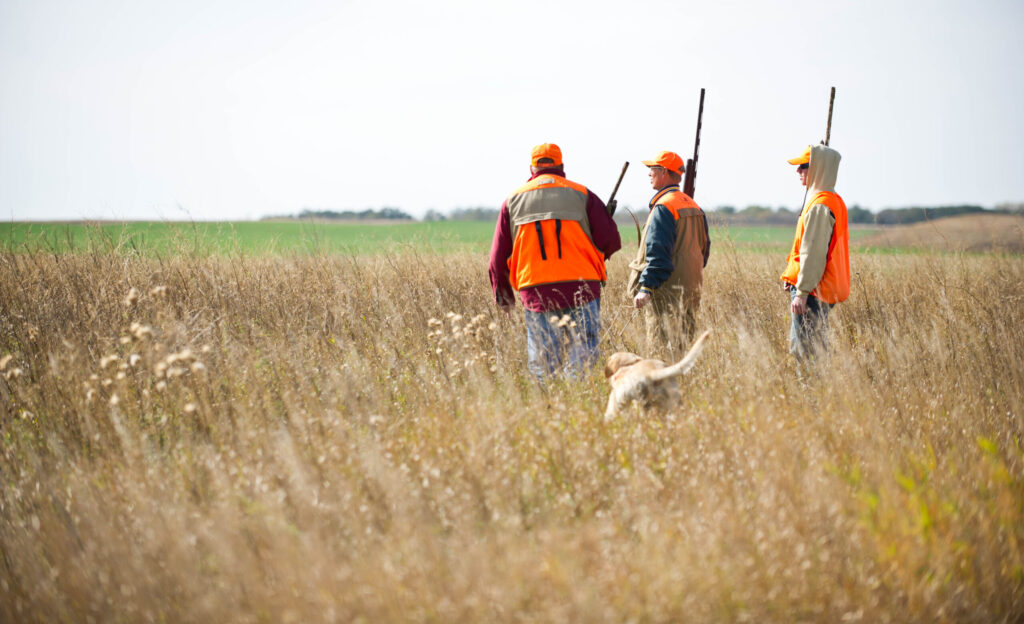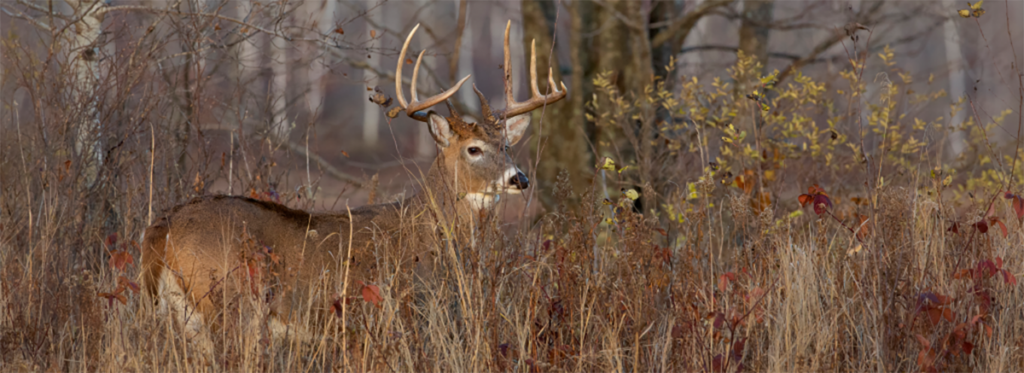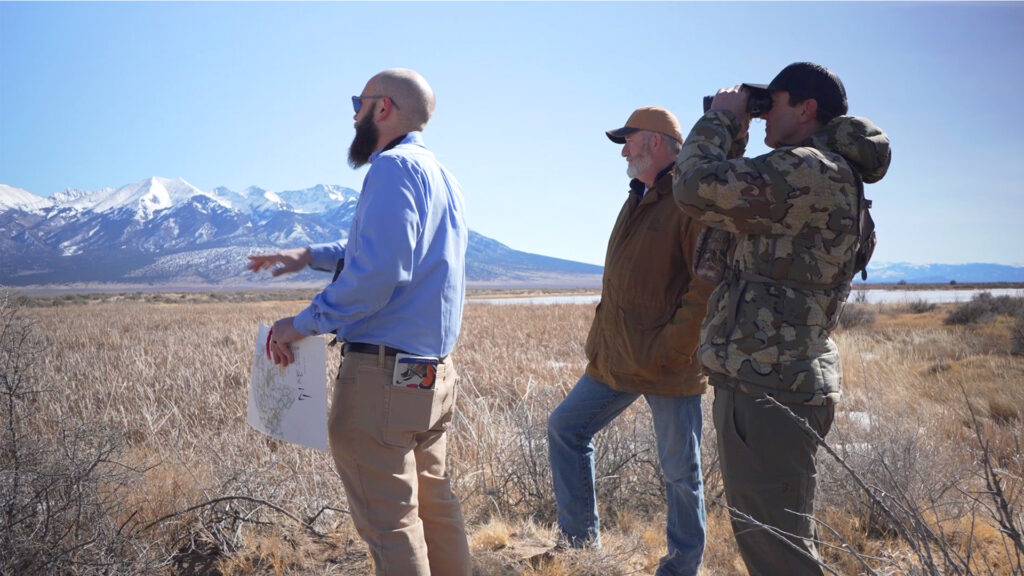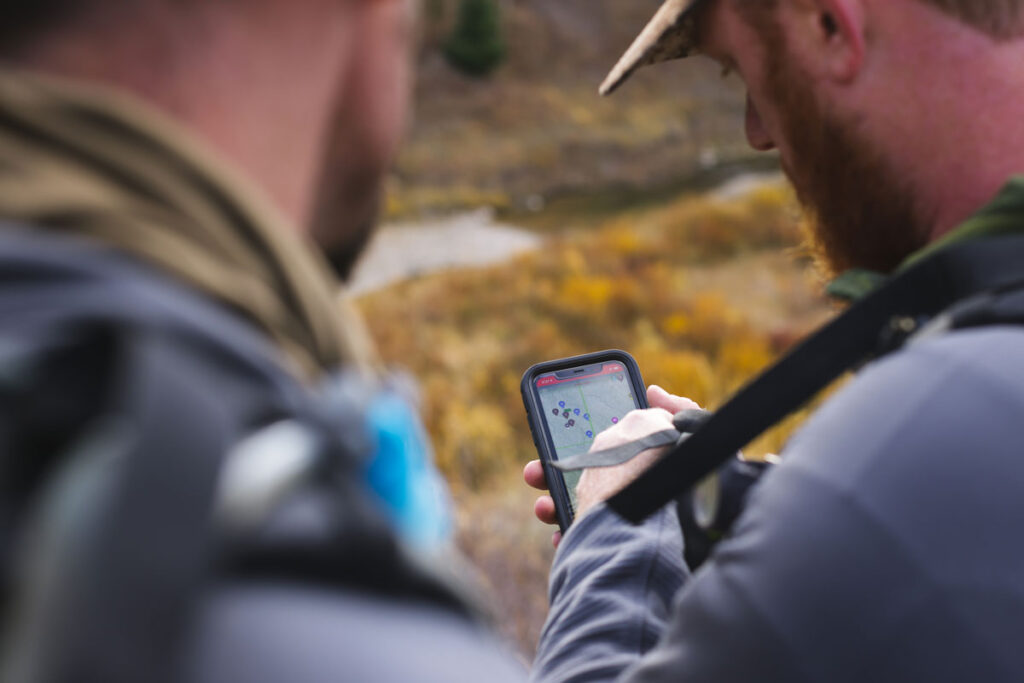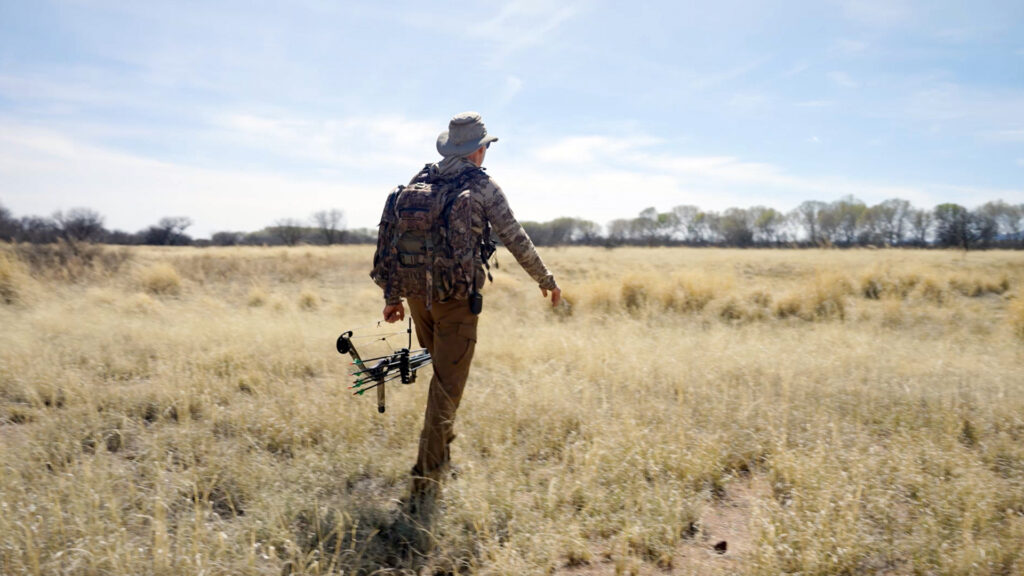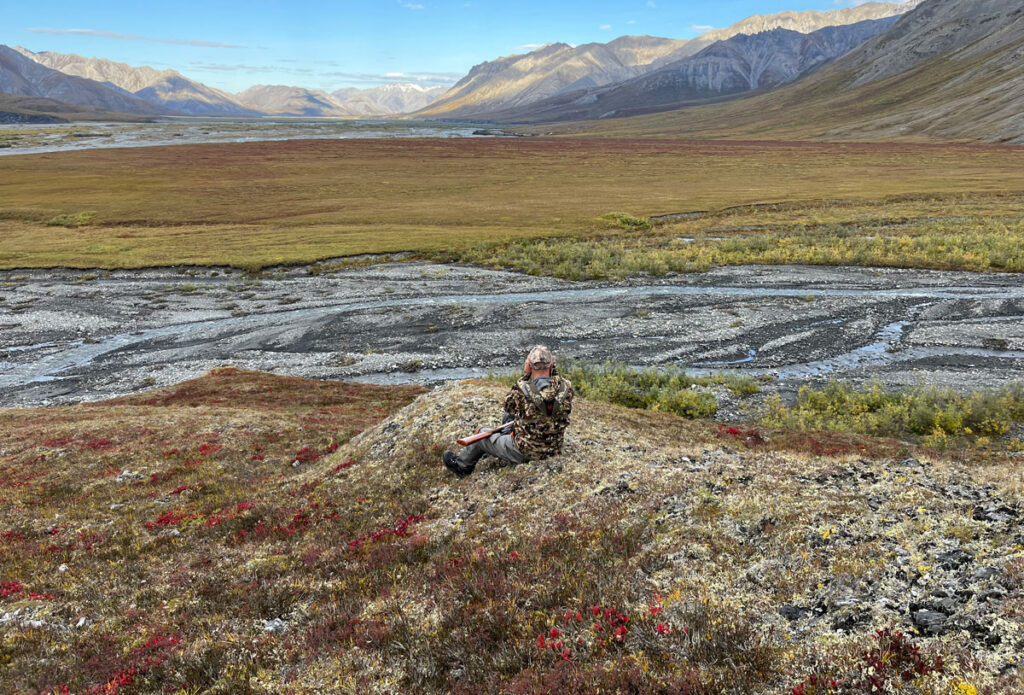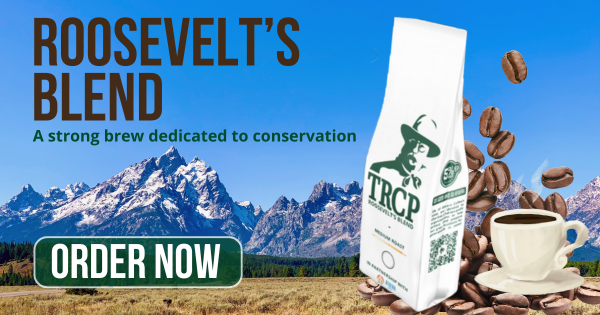Lawmakers have introduced the Voluntary Public Access Improvement Act to boost a crucial Farm Bill program that creates public hunting and fishing opportunities on private land.
The Voluntary Public Access Improvement Act of 2025 has been introduced in the Senate by Senator Steve Daines (R-Mont.), Senator Michael Bennet (D-Colo.), and Senator Marshall (R-Kan.) and in the House of Representatives by Representative Debbie Dingell (D-Mich.) and Representative Dusty Johnson (R-S.D.). This bipartisan, bicameral bill would strengthen one of the most critical Farm Bill programs for America’s hunters and anglers: the Voluntary Public Access and Habitat Incentive Program (VPA-HIP). VPA-HIP is the only federal initiative that helps to create public hunting and fishing opportunities on private land and this new legislation reauthorizes the program at triple its prior funding level. This reinforces the full Farm Bill that House Ag Committee Chairman GT Thompson’s (R-Pa.) introduced last Congress, which proposed a similar funding increase to this critical program. Bipartisan, bicameral bills like this are rare and show the value of this program to leaders across the political spectrum.
“State-led access programs are hurting this year without support from VPA-HIP, and including the Voluntary Public Access Improvement Act in a 2025 farm bill would be a major positive development for hunters and anglers,” said Joel Pedersen, president and CEO of the Theodore Roosevelt Conservation Partnership. “We are thrilled to see such an influential, bipartisan group of leaders recognize the importance of increased hunting and fishing access by introducing this legislation. Thank you, Senators Daines, Bennet, and Marshall and Representatives Dingell and Johnson, for your leadership and support.”
The legislation would invest $150 million over the next five years in the VPA-HIP, which provides grants to states and Tribes to be implemented at the local level. This increased investment was among the recommendations made by TRCP’s Agriculture and Wildlife Working Group in its Farm Bill platform and has been echoed by groups across the hunting and fishing community.
What they are saying:
“On behalf of the nation’s recreational fishing industry, the American Sportfishing Association thanks Senators Daines, Marshall, and Bennet, as well as Representatives Dingell and Johnson for their leadership of the Voluntary Public Access Improvement Act,” said Glenn Hughes, president of the American Sportfishing Association. “This legislation will support and enable landowners to provide fishing access on private lands, opening valuable waters to anglers. The reauthorization and expansion of VPA-HIP will strengthen a program that has allowed access to private lands since 2008, creating memorable days on the water for America’s anglers.”
“We greatly appreciate Senators Daines, Bennet, and Marshall and Representatives Dingell and Johnson introducing the House version of the VPA Improvement Act. As we entered discussions of the 2023 Farm Bill, extending and expanding the impact of VPA-HIP was one of Delta’s highest priorities,” said John Devney, chief policy officer at Delta Waterfowl. “As duck hunters across the country look for additional access, increased investments in VPA HIP can lead to new partnerships with private landowners to enhance habitat and also provide access. We hope that the effort by these leaders will lead to a broader bi-partisan effort to include an expanded VPA-HIP in the final Farm Bill.”
“There are dozens of state programs throughout country that help open public hunting access on private lands, but one common thread is that VPA-HIP is the unsung hero that makes much of that access possible,” said Ariel Wiegard, vice president of government affairs for Pheasants Forever and Quail Forever. “The economic returns for rural communities in VPA-HIP have been shown many times over, and increasing funding for the program is one of our top priorities in the next farm bill. Access is at the core of Pheasants Forever and Quail Forever’s mission, and we thank Senators Daines, Bennet, and Marshall and Representatives Dingell and Johnson for their leadership and support for this very successful program.”
“Hunting access is one of the most significant barriers for both new and experienced hunters,” said Kellis Moss, Ducks Unlimited managing director of federal affairs. “The Voluntary Public Access Improvement Act is a win-win for sportsmen and landowners, and we thank Sens. Daines, Bennet, Marshall for leading this bipartisan effort in the Senate, as well as Reps. Dingell and Johnson for their leadership in the House.”
“We are proud to support Representative Dingell’s, and Representative Johnson and Senator Daines’, reintroduction of the Voluntary Public Access Improvement Act,” said Nick Pinizzotto, president and CEO of the National Deer Association. “Reauthorizing and strengthening the Act will ensure that landowners and sportsmen alike can continue to benefit from sustainable wildlife management and habitat preservation for generations to come.”
VPA-HIP is the single best federal tool for increasing recreational access on private lands by helping states create innovative ways of incentivizing private landowners to open their lands to the public for wildlife-dependent recreation. It also has a very special place in the hearts of TRCP’s staff and supporters, as it was championed by our inspirational co-founder, Jim Range, before his untimely death. The program was established and funded through the 2008, 2014, and 2018 Farm Bills—most recently at $50 million over five years—with its impacts felt across the country.
Apart from creating more outdoor recreation access, VPA-HIP funding is also utilized to provide technical and financial assistance to landowners for wildlife habitat improvement and enhancement projects. It is often layered with other Farm Bill programs that have habitat benefits, such as Conservation Reserve Program and Wetland Reserve Easements. And the program allows states to address liability, alleviating a roadblock for many landowners to open their lands to the public.
Studies estimate that the VPA-HIP has a more than eight-to-one return on investment in the form of outdoor recreation spending in rural communities.
Watch a video about some of the many benefits of VPA-HIP below.
The TRCP is your resource for all things conservation. In our weekly Roosevelt Report, you’ll receive the latest news on emerging habitat threats, legislation and proposals on the move, public land access solutions we’re spearheading, and opportunities for hunters and anglers to take action. Sign up now.


